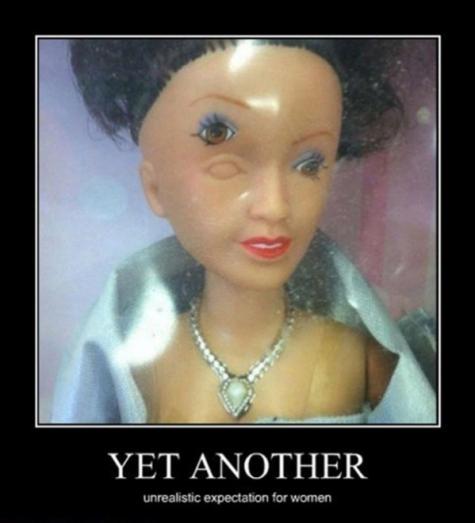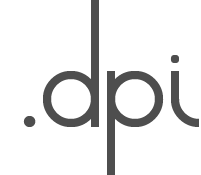Technology & Guilt
 As a new member of the .dpi team I’m anxiously awaiting the next issue, .dpi’s 28th edition, Gender-ed Cultures on the Internet. It promises to engage with some of the ideas I'm most fascinated with right now and I can barely wait for the launch this Saturday.
As a new member of the .dpi team I’m anxiously awaiting the next issue, .dpi’s 28th edition, Gender-ed Cultures on the Internet. It promises to engage with some of the ideas I'm most fascinated with right now and I can barely wait for the launch this Saturday.
The internet, suffice it to say, has taken a forefront in my life of late. On one hand I feel incredibly excited about the near-infinite possibilities it presents, but I find myself lapsing into more extreme periods of 'internet guilt'. Is my near-constant use of facebook classless? And are my relationships, increasingly mediated by social media, lacking something?
{C}
I recently came across the work of Addie Wagenknecht, an artist who “lives in IRC channels and the Internet,” a biographical snippet that I appreciate as I find myself more and more hesistant to define my geographical location; it doesn’t seem wholly relevant anymore (this may mainly be because I am in a state of nomadic postgraduate confusedness, but I suspect it might also have something to do with the fact that I have had a life on the internet almost as far back as I can remember). One of Wagenknecht’s pieces has stuck with me for the past few weeks, however, and I can’t seem to get it out of my head.
The Optimization of Parenting, Part 2 is a robotic arm designed to rock a crying baby back to sleep. "Optimizing" the act of parenting, Wagenknecht promises her device will take over one of those pesky "monotonous" parental tasks that gets in the way of a mother's creative pursuits. Watching the video, I couldn’t help but be reminded of Harry Harlow’s infamous studies with rhesus monkeys. Harlow deduced that orphaned infant monkeys will favour a soft, cloth-covered mother figure to a jagged stand-in made of wire, regardless of which surrogate is able to provide them with food. I wonder what the monkeys would have made of Wagenknecht's robotic arm.
Obviously, Wagenknecht's commentary on contemporary motherhood is not meant to be taken entirely seriously, though I do think her vague suggestion that mothering is a more-than-full-time job which women undertake only because of social pressures to be a bit off the mark (there is, after all, another human life in the balance, but I've never been a mother so I can't say with any certainty). Wagenknecht's work, though, and all the thoughts I had about it, really brought me back to this idea of guilt - artistic guilt ("I don't have enough time to devote to my practice"), feminine guilt ("Am I not devoting enough time to advancing my career"), motherly guilt ("Am I being the best mother I can be") and 'technological' guilt ("Have I been using the robotic arm to rock my baby to sleep too often").
Guilt seems to be, as far as I can tell, one of the overarching themes of my life. In recent years I have taken measures to become more of a no-holds-barred, do-whatever-you-want kind of person. I'm not a big believer in self-denial, ultimately, both to my own benefit and detriment I'm sure. This "life philosophy", if you can even call it that, seems to be working marginally well for me, though I imagine it wouldn't work for everyone. I'm currently running from guilt as quickly as I can - figuratively, of course, because though I feel I should be running, as in exercising, I am not, and I am feeling both guilty about it and also FIERCELY PROUD that I am just doing exactly what I want which is not running. I imagine you're starting to get the picture, and undoubtedly you have a similar situation going on in your own brain.
Ultimately, though, the best mechanism I have for coping with daily internet or technological guilt (or, similarly, my constant worry that through my overuse of the internet I am becoming boring or vapid) is simply to allow myself to become fascinated - to think deeply about the impulses that I have, and to find something worth sharing within them. I expect that the upcoming issue of .dpi will fuel my fixation/fascination with the internet, with women, and with the ways in which women are using the internet. Placing myself in this dialogue makes everything seem a little more steeped in meaning, and helps me to transcend this state of constant, gnawing guilt.
